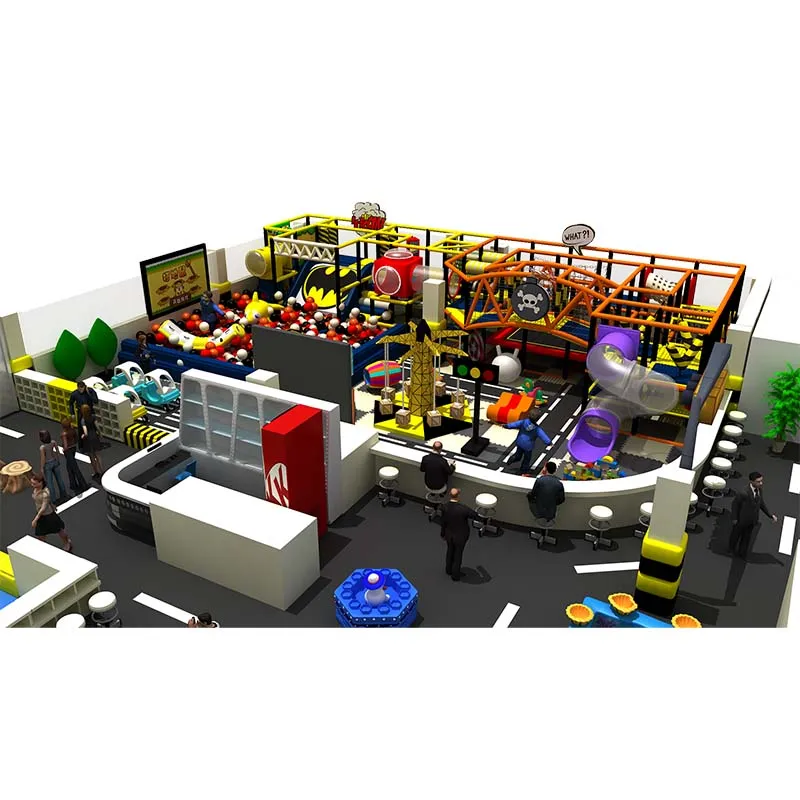Children should participate in strengthening activities two to three days per week. This frequency supports muscle development, enhances bone strength, and aligns with physical activity guidelines for optimal growth.
Are you unsure about how often your child should engage in strength training? Concerned about overdoing it or not doing enough? Discover the optimal frequency for your child’s healthy development.
Let’s dive deeper into how this schedule benefits your child and explore fun ways to implement it.
How Many Times Per Week Should Strengthening Activities Be Done?
Understanding the ideal frequency of strength training sessions ensures your child gains benefits without risking injury or burnout. Let’s explore expert recommendations.
Experts suggest two to three sessions per week for children. This allows sufficient time for muscles to recover while promoting steady strength gains.
Consistency is key. Regular training on non-consecutive days helps prevent overuse injuries and keeps your child engaged. Incorporating variety in activities maintains interest and works different muscle groups.
How Many Times a Week Should a Child Participate in Strength-Building Activities?
Understanding the nuances between general strengthening and specific strength-building activities helps tailor the best program for your child.
Strength-building activities should also be done two to three times per week. These may include more focused exercises like resistance training.
Activities such as bodyweight exercises, resistance bands, or climbing can be considered strength-building. They enhance muscular fitness and contribute to overall health. Ensure proper supervision and technique.
How Many Days Per Week Do You Do Strength Activities?
As a parent, your exercise routine sets an example. How often do you include strength activities in your week? Let’s consider the implications.
Physical activity guidelines recommend adults include resistance training at least two days per week to maintain muscular fitness. Modeling this can inspire your child.
Family workouts incorporating resistance exercises can make strength training a shared experience. This not only benefits your health but also reinforces positive habits in your child.
What Is the Minimum Number of Days for Strength Training?
Understanding the minimum effective frequency helps ensure even busy schedules can accommodate beneficial strength training for your child. Let’s see what the experts say.
At least one day per week of strength training can provide foundational benefits. However, two to three days are preferable for optimal results.
Starting with one day can ease your child into a routine. As they become more comfortable, gradually increasing the frequency can enhance their development.
Is 4 Days a Week Enough for Strength Training?
Some believe that more frequent training leads to better results. But is four days a week appropriate for children? Let’s examine the implications.
Four days may be excessive for most children, potentially leading to fatigue or overuse injuries. Balance is essential to avoid negative effects.
Monitoring your child’s response to increased activity is crucial. Signs of overtraining include persistent fatigue, irritability, or decreased performance. It’s important to prioritize rest and recovery.
What Goodies Can a Trampoline Park Bring to a Child?
Trampoline parks can be an exciting addition to your child’s strength training routine, providing unique benefits beyond entertainment. Let’s explore what they offer.
Trampoline activities enhance leg strength, core stability, and balance. They provide a cardiovascular workout while improving coordination and spatial awareness.
Regular sessions at trampoline parks can boost fitness levels and keep children engaged. The playful environment encourages consistent participation, which is key for long-term health benefits.

Can a Ninja Track Enhance Strength Training?
To add excitement to strength training, consider incorporating a ninja track. But how effective is it for your child? Let’s find out.
Ninja tracks challenge the entire body, enhancing strength, agility, and endurance. They promote problem-solving and resilience through obstacle navigation.
Activities like climbing walls, rope swings, and balance beams engage multiple muscle groups. Ninja tracks can be tailored to different skill levels, ensuring safety while keeping your child motivated.
Children should engage in strengthening activities two to three times per week. Fun options like trampoline parks and ninja tracks enhance strength training and promote healthy development.



















